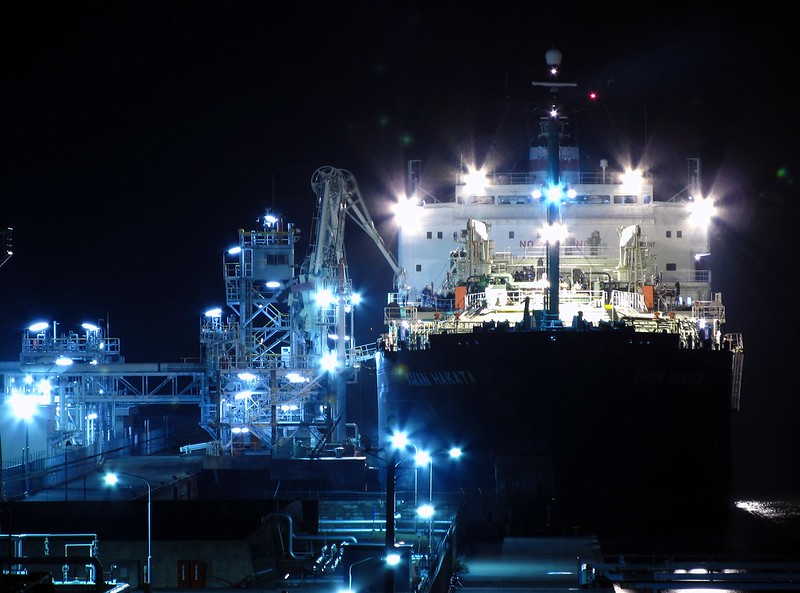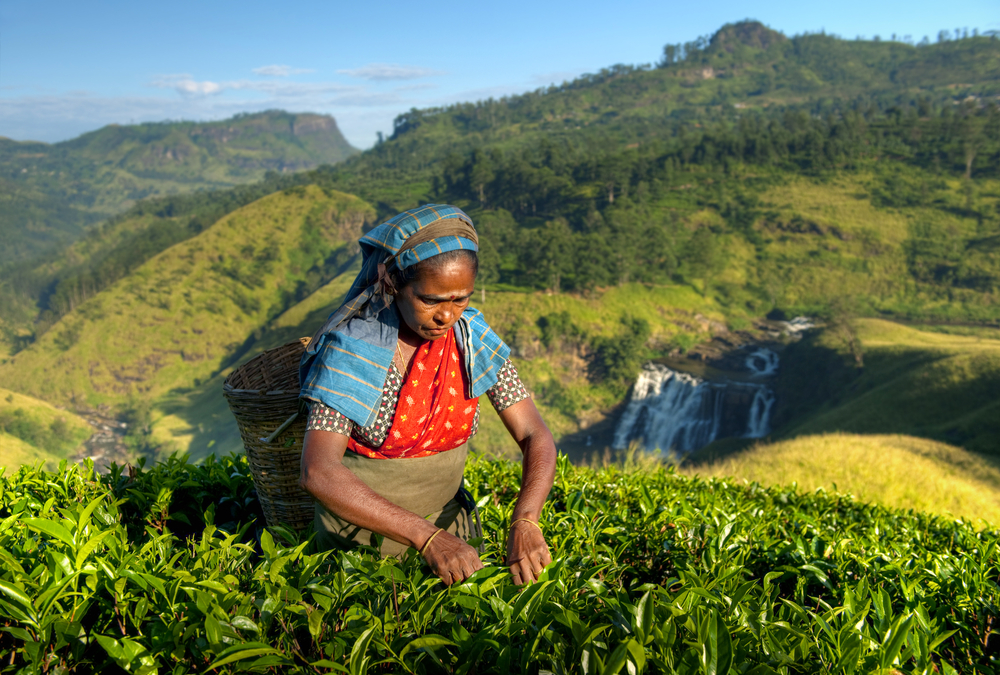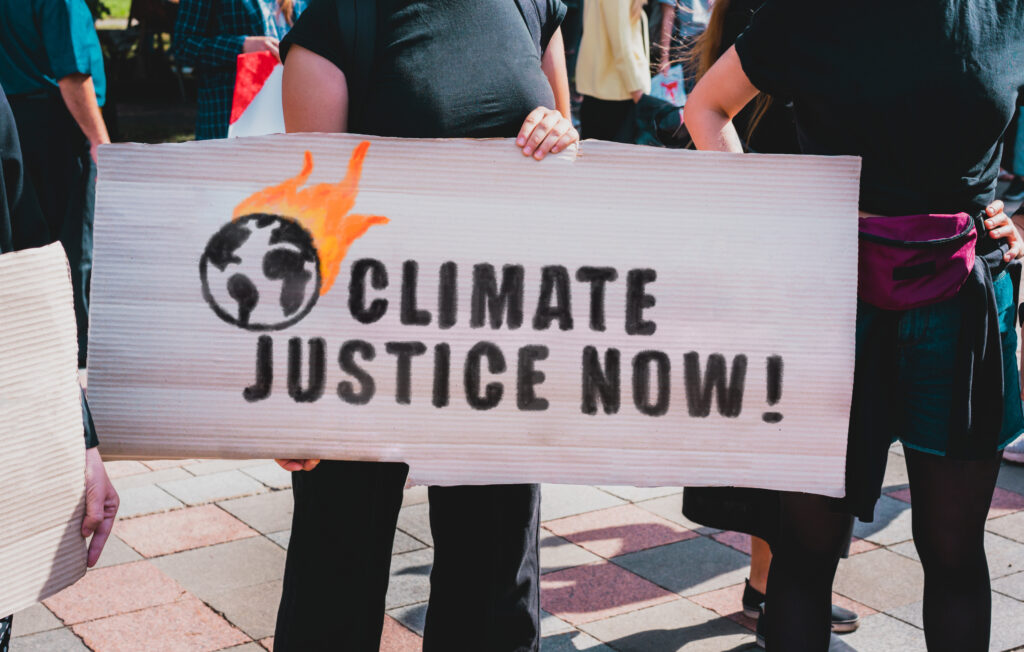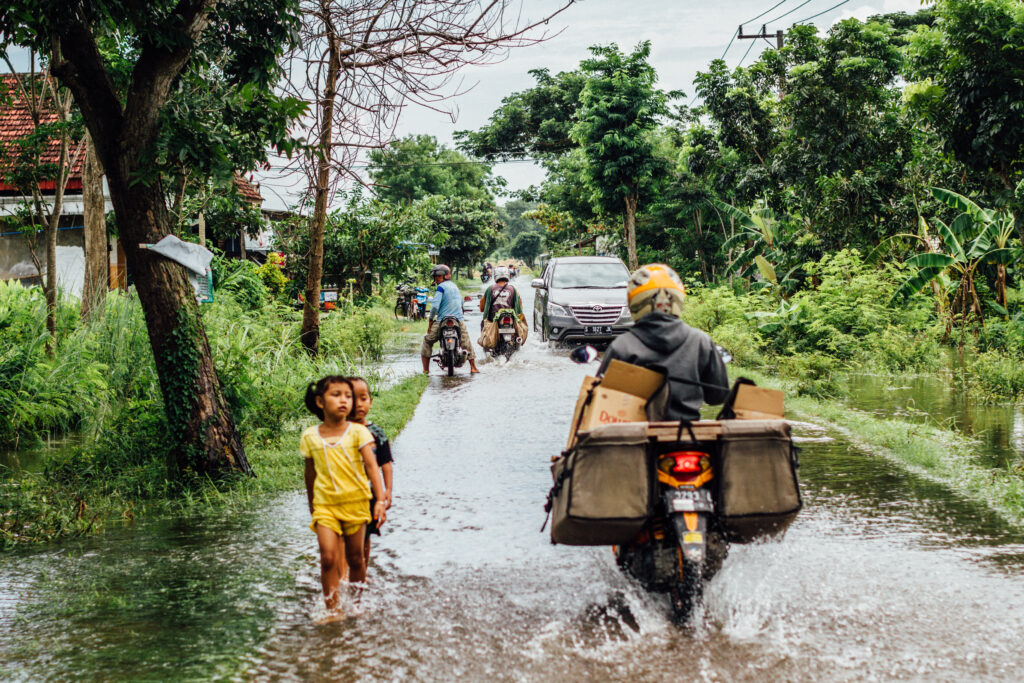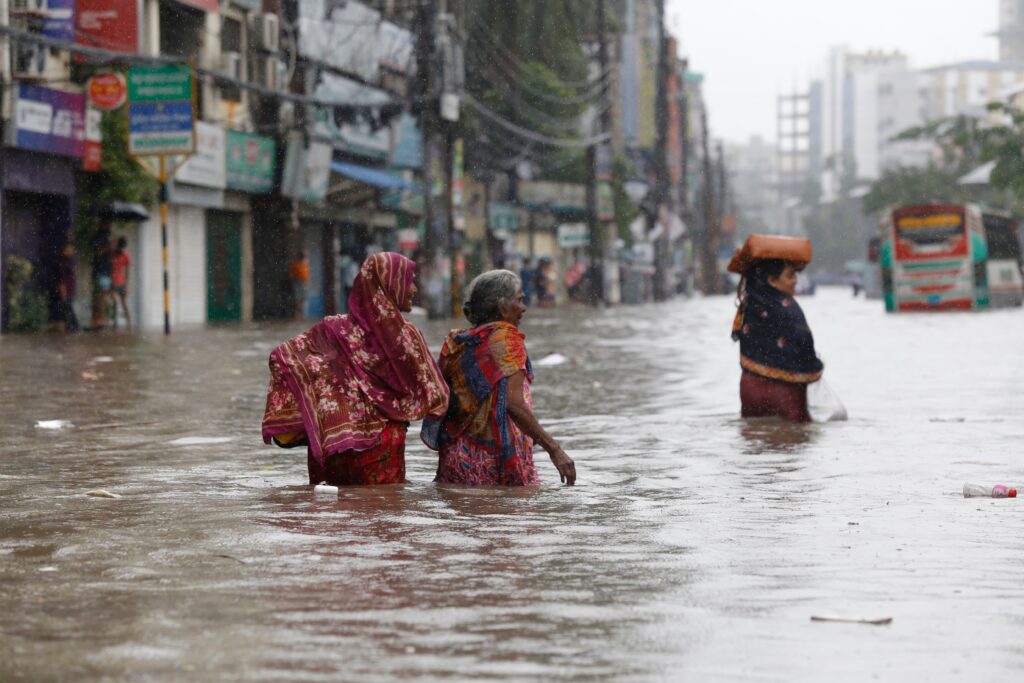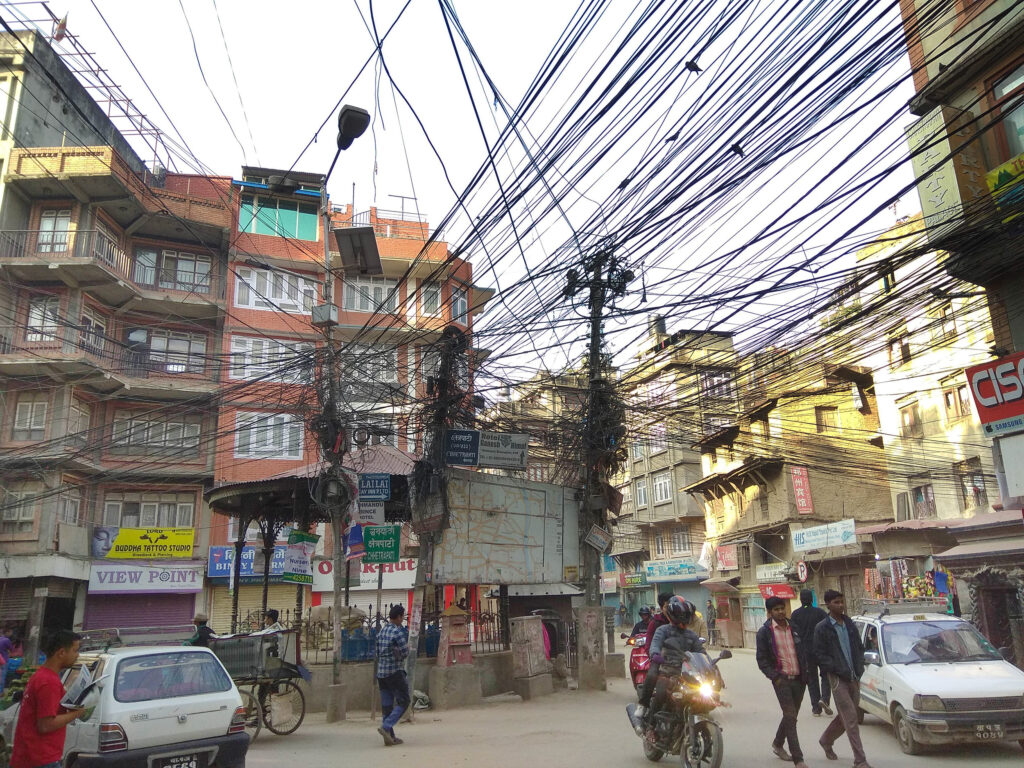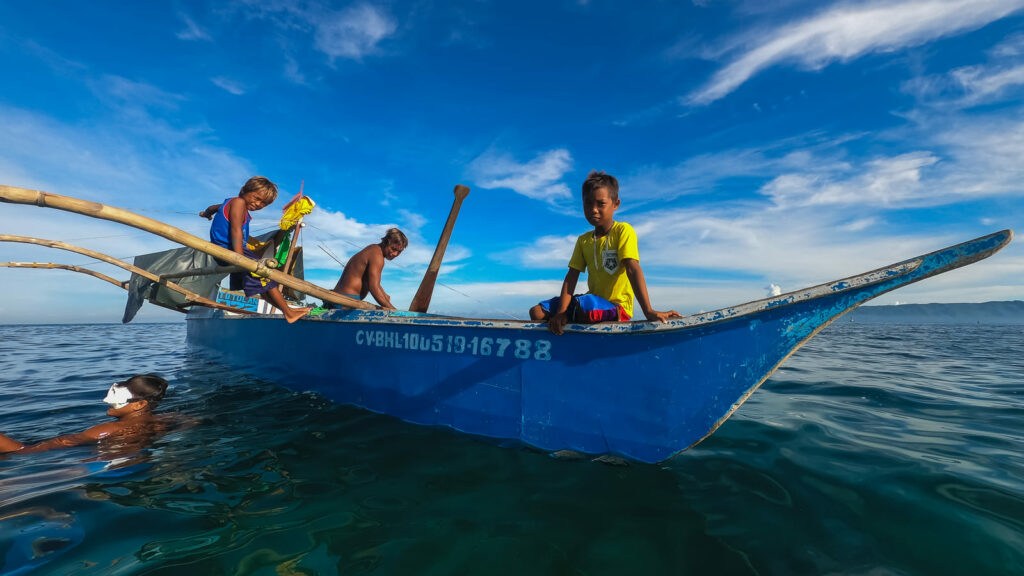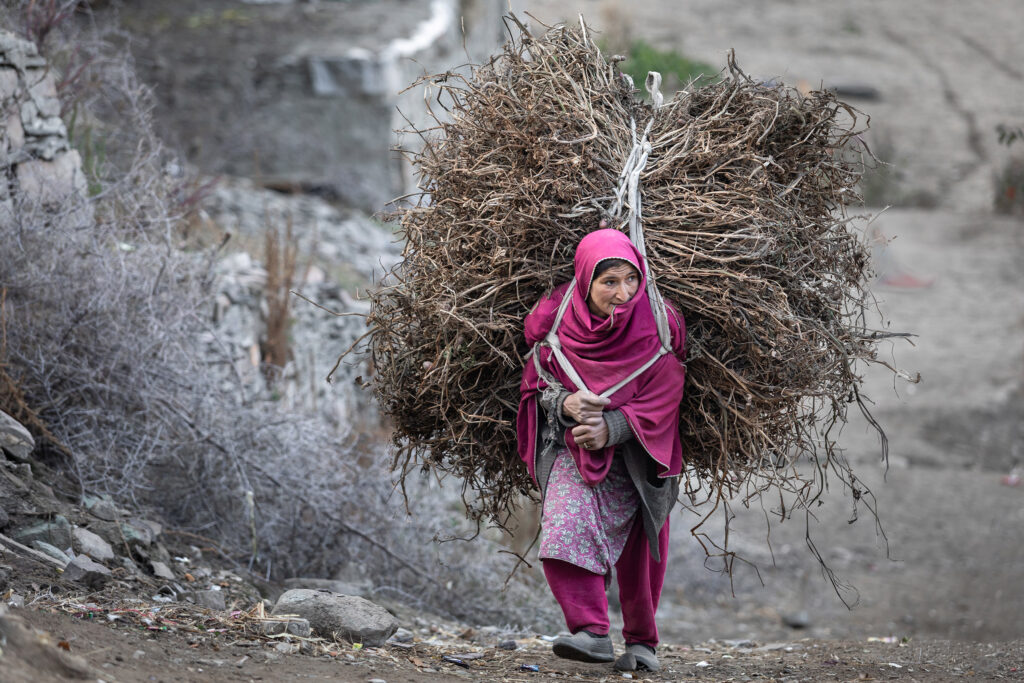“As the climate crisis demands global action, it’s alarming that Japan, a G7 leader, has spent USD 93 billion on overseas oil and gas projects over the past decade,” said Malika Maxutova, a researcher at Solutions for Our Climate. “Instead of leading in clean energy, Japan is reinforcing fossil fuel dependencies, jeopardising a sustainable future.” It raises the question of whether Japan is environmentally friendly.
Japan’s Fossil Fuel Financing and Environmental Sustainability
Across the world, Japan’s fossil fuel financing decimates livelihoods, inflicts long-term health repercussions, damages the global environment and forcibly displaces Indigenous and local communities. It will also result in huge amounts of greenhouse gas emissions – right when scientists are calling for a rapid phaseout of fossil fuels and a turn towards a clean energy economy.
“Japan must urgently shift its investments to clean energy, which has received only a quarter of the support given to oil and gas. The choices made today will shape tomorrow’s energy landscape,” said Maxutova.
Where the Japanese Government Is Financing Fossil Fuel Projects
The main focus of recent investments has been on fossil gas to be exported as LNG to Japan and across the Asia-Pacific region. Fossil gas is often framed as being cleaner than coal, but in reality, when methane leaks, transportation, conversion and production emissions are factored in, its life cycle emissions can be just as bad as coal.
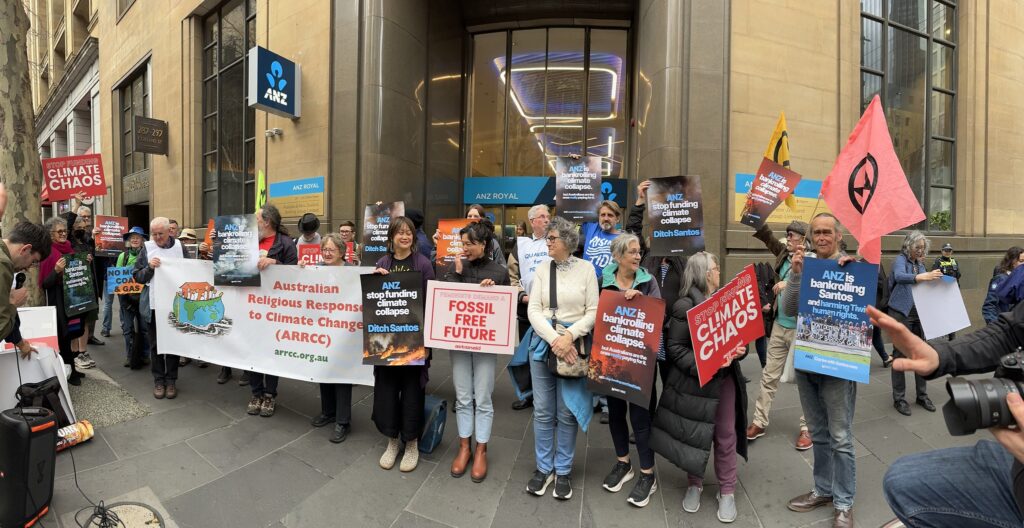
In Australia, the Barossa and the Scarborough gas field development projects have gone forward without free, prior, and informed consent (FPIC) from traditional land owners. Both are supported by JBIC, with the Scarborough projects receiving a USD 831 million JBIC loan in March of 2024, and the Barossa project, which will develop the Barossa Gas Fields and link it to the Darwin LNG facility through a pipeline in Australia’s Northern Territory, received a USD 346 JBIC million loan in 2021.
“Chaos will occur if we keep building new gas mines like this Scarborough,” said Kelly O’Shanassy, who leads the Australian Conservation Foundation.
Worryingly, local people in the Tiwi islands, who will be impacted by the Barossa gas project, have not been involved in project planning, despite the fact that it was affecting them directly.
“Nobody told any of us that this was happening. We have not been consulted. There are going to be huge risks if this does go ahead without any consultation with the Tiwi people,” said Antonia Burke, a Tiwi Islands resident. “We want to know why we haven’t been told anything up until now.”
It’s a similar story in Canada, where there has been a lack of input from the Indigenous Wet’suwet’en Nation on the pipeline project linked to a JBIC-financed LNG export facility, which is supported by a USD 850 million loan. There has even been sometimes violent oppression of peaceful land defenders.
“What the banks do affects everyone globally,” said Chief Na’Moks, hereditary chief of the Wet’suwet’en Nation. “Your decisions and investments affect the future of everyone on this planet, make decisions and banking decisions wisely and with care and commitment for future generations.”
In Mozambique, the Rovuma Offshore Area gas exploration field, backed by a USD 3 billion JBIC loan, is set to restart by the end of this year, despite recent turmoil fueled by terrorist attacks. There is local opposition to these plans, as communities fear a return to violence alongside local community impacts.
There is a clear pattern here, as around the world, JBIC projects are creating more problems than they are solving. There are also fears they might cause long-term harm and severe health issues, such as asthma, heart disease and cancer in local communities.
“JBIC-funded LNG projects across the world are hurting communities, destroying the livelihoods of fisherfolk and farmers, inflicting health crises, human rights violations and loss of marine biodiversity,” said Hiroki Osada, a campaigner at Friends of the Earth Japan.
Impacts of Japan’s Policies on Environmental Protection
Japan has long been the world’s largest importer and consumer of LNG, only recently being overtaken by China. Over decades, Japanese companies like Mitsubishi Heavy Industries, ENEOS, JERA and Osaka Gas, have partnered with oil and gas companies around the world to exploit fossil gas and ship it around the world as LNG. Now, as many countries look to shift to renewables, Japan is trying to maintain its position as a leader in LNG and pushing other countries to become more LNG dependent.
This is a costly and dangerous policy. After a year that saw record heat waves, flooding, typhoons and numerous other climate-linked disasters, there is growing urgency to rapidly reduce emissions and shift to renewables. The expansion of fossil gas and LNG could doom climate goals, and put millions at greater risk of climate-linked extreme weather.
“At a time when we need to phase out fossil fuels, Japan is driving gas expansion across Asia and globally,” said Makiko Arima, a senior finance campaigner with Oil Change International.
Beyond the climate risks are the human rights and environmental harms that communities living near fossil gas fields in Mozambique, Canada and Australia will face. There are also risks that JBIC’s projects could drive higher electricity prices due to LNG’s notorious price volatility, which will further harm the quality of life in developing nations.
“Japan clearly has money to shift towards supporting a full, fast, fair, and funded fossil fuel phaseout,” said Arima. “It is time for rich countries like Japan to pay up and take responsibility for its contribution to the climate crisis, instead of continuing gas expansion that worsens climate change, and harms communities and ecosystems.”
Nithin Coca
Journalist, Japan
Nithin Coca covers climate, environment, and supply chains across Asia. He has been awarded fellowships from the Solutions Journalism Network, the Pulitzer Center, and the International Center for Journalists. His features have appeared in outlets like the Washington Post, Financial Times, Foreign Policy, The Diplomat, Foreign Affairs and more.
Nithin Coca covers climate, environment, and supply chains across Asia. He has been awarded fellowships from the Solutions Journalism Network, the Pulitzer Center, and the International Center for Journalists. His features have appeared in outlets like the Washington Post, Financial Times, Foreign Policy, The Diplomat, Foreign Affairs and more.

